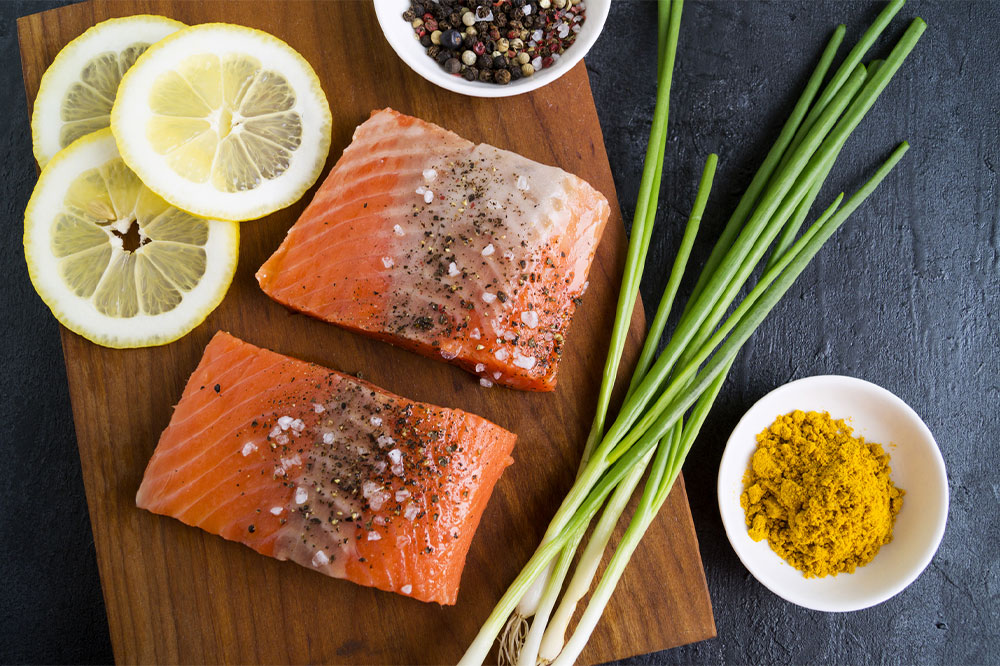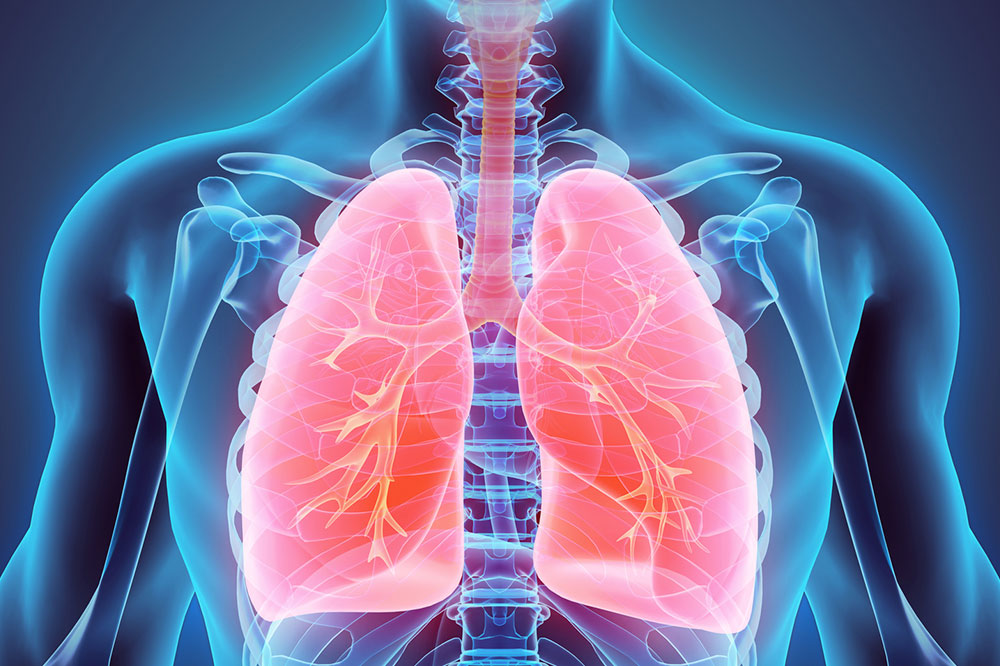Comprehensive Strategies and Nutritional Guidance for Managing Lung Cancer Effectively
This comprehensive guide explores advanced treatment options for NSCLC, emphasizing targeted therapies and immunotherapy. It highlights the importance of nutritional strategies, including omega-3 fatty acids, fruits, vegetables, and plant-based proteins, to support lung cancer management. The article also discusses supportive therapies like massage and acupuncture to enhance well-being, offering patients an integrated approach to managing lung cancer effectively. By combining medical treatments with lifestyle adjustments, patients can improve outcomes and quality of life during their cancer journey.

Advanced Treatment Strategies and Nutritional Support for Lung Cancer Patients
Lung cancer remains one of the most common and deadly cancers worldwide. According to the American Cancer Society's data from 2022, approximately 236,740 new cases were diagnosed, highlighting the ongoing need for effective management and supportive care. This disease primarily impacts adults between the ages of 65 and 70, but younger individuals can also be affected, especially with risk factors such as smoking, environmental exposures, and genetic predispositions. Lung cancer is broadly classified into two main types: small cell lung carcinoma (SCLC) and non-small cell lung carcinoma (NSCLC), with NSCLC accounting for about 85% of cases. This comprehensive article focuses on the latest treatment options available for NSCLC, along with nutritional tips and natural remedies that can bolster treatment efficacy and improve patient quality of life.
Latest Treatment Modalities for NSCLC
While metastatic NSCLC presents significant challenges, advances in targeted therapies and kinase inhibitors have revolutionized treatment approaches, offering hope for improved outcomes. Although a complete cure remains elusive for advanced stages, these therapies can slow disease progression, reduce symptoms, and enhance life quality. As research progresses, personalized medicine based on genetic profiling is becoming more prominent, tailoring treatments to individual tumor characteristics.
Exploring treatment options across different stages of NSCLC can provide patients with a clearer understanding of available therapies:
Imfinzi® (Durvalumab)
Imfinzi® is an immunotherapy drug approved for patients with stage III NSCLC who are not candidates for surgery. It is particularly effective when administered after concurrent chemoradiation therapy, helping to prevent disease progression. By harnessing the power of the immune system, Imfinzi® can increase survival rates and improve quality of life in eligible patients.
Tagrisso® (Osimertinib)
Tagrisso® is a targeted therapy designed for patients with NSCLC harboring EGFR mutations. It is taken orally on a daily basis and can be used both as an initial treatment and post-surgery to prevent recurrence. Its ability to cross the blood-brain barrier makes it effective against brain metastases, a common complication in lung cancer patients.
Gilotrif® (Afatinib)
Gilotrif® is indicated for metastatic NSCLC with specific non-resistant EGFR mutations. It is often used after failure of platinum-based chemotherapy and offers a targeted approach to manage the disease, improving progression-free survival rates.
In addition to pharmaceutical options, lifestyle and dietary modifications play a crucial role in supportive care:
Nutritional Foods to Support Lung Cancer Treatment
Nutrition can significantly impact treatment outcomes and overall well-being. Including omega-3 rich fish such as salmon, mackerel, and herring in the diet provides essential vitamin D along with anti-inflammatory omega-3 fatty acids. These nutrients support immune function, reduce inflammation, and promote healing. Regular consumption of fruits like pears and apples supplies antioxidants and phytochemicals that help combat oxidative stress and potentially slow cancer progression.
Adopting a diet rich in colorful vegetables, whole grains, nuts, and plant-based proteins such as soy can fortify lung health. Foods like eggs, beans, oats, and brown rice supply vital nutrients and fiber, aiding digestion and immune function. Nut butters and soy products provide healthy fats and plant-based proteins that support energy levels and overall health during arduous treatment phases.
Complementary Supportive Therapies
Beyond nutrition, incorporating complementary therapies can improve patient comfort and reduce certain side effects associated with lung cancer treatments. Maintaining physical activity within tolerable limits can enhance strength and mood, but it is essential to consult with healthcare providers to tailor an appropriate exercise plan. Massage therapy may alleviate muscle pain, reduce stress, and promote relaxation, contributing to emotional well-being. Acupuncture can offer relief from pain, nausea, and other treatment-related symptoms; however, professional guidance is necessary to ensure safety and effectiveness.
While home remedies are not substitutes for medical treatment, adopting healthy lifestyle choices such as a balanced diet, regular physical activity, and stress management can enhance overall resilience, improve treatment tolerance, and support emotional health during cancer management.





